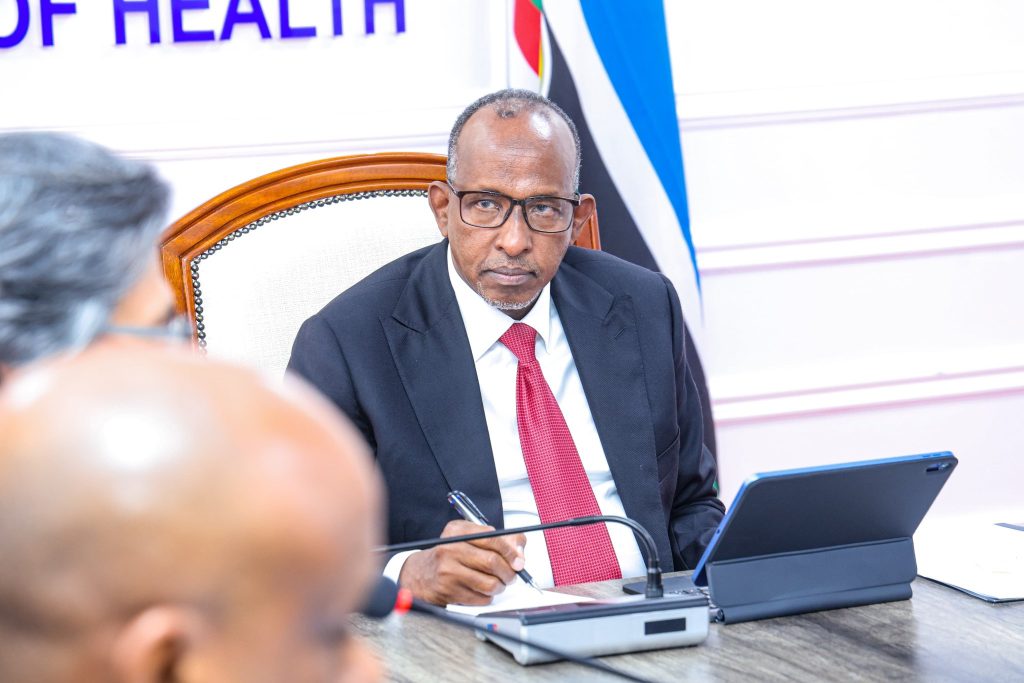Kenya has intensified efforts to strengthen the pharmaceutical industry and scale up local drug manufacturing as part of a broader strategy to cut healthcare costs, create jobs, and accelerate progress toward Universal Health Coverage (UHC).
Health Cabinet Secretary Aden Duale held talks with the Federation of Kenya Pharmaceutical Manufacturers (FKPM), led by Chairperson Dr. Vimal Patel, to push forward plans for expanding local production of medicines and health products. The initiative is part of the Taifa Care Model, which seeks to improve the country’s health security and sustainability.
The meeting builds on a Presidential directive issued in October 2023, which committed Kenya to locally manufacture at least 50% of medicines listed on the Kenya Essential Medicines List (KEML) by 2026. The directive aims to strengthen the healthcare system, reduce reliance on imported drugs, stimulate the local economy, and generate employment.

At the heart of the initiative is the Kenya Local Manufacturing Strategy 2025–2030, which provides a roadmap for scaling up production of Health Products and Technologies (HPTs) and achieving greater self-reliance in critical medical supplies.
“The government fully supports local manufacturers. This plan will not only transform healthcare delivery but also contribute to the Bottom-Up Economic Transformation Agenda by creating employment opportunities,” said Mr. Duale.
To safeguard the supply chain, the Ministry of Health is also rolling out digital tracking systems using serialization and blockchain technology. These reforms are designed to combat counterfeit drugs and ensure medicine authenticity from the point of production to patient care.
Duale was accompanied by Public Health Principal Secretary Mary Muthoni, Director-General for Health Dr. Patrick Amoth, and other senior ministry officials during the engagement.
Comments
comments